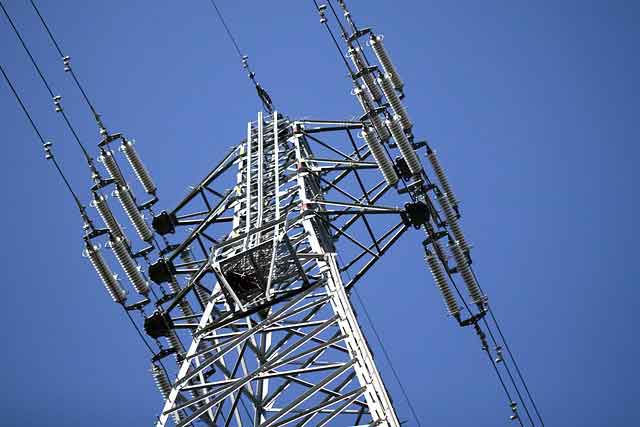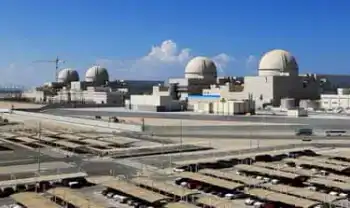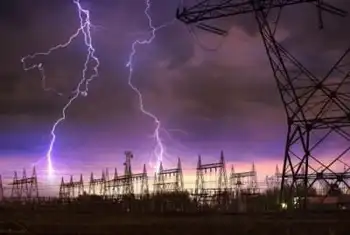Abu Dhabi takes stake in Tesla Motors
By Washington Times
CSA Z462 Arc Flash Training - Electrical Safety Essentials
Our customized live online or in‑person group training can be delivered to your staff at your location.

- Live Online
- 6 hours Instructor-led
- Group Training Available
Aabar Investments, which is controlled by the Abu Dhabi government, purchased the interest in Tesla for an undisclosed sum from Germany's Daimler AG, the second-largest luxury automaker in the world. Daimler will retain 6 percent ownership of Tesla.
"When we acquired our stake in Daimler in March, we identified a number of potential areas for cooperation [including] the development of electric vehicles and projects aimed at the reduction of CO2 emissions," Aabar Chairman Khadem Al Qubaisi said in a statement.
"Our joint involvement with Daimler in Tesla is completely in line with that strategy."
San Carlos, Calif.-based Tesla is a Silicon Valley startup whose investors include the founders of Google. It recently worked through transmission problems with its Roadster sports car. Its lithium-ion battery-powered engine (based on those used in laptop computers) is emerging as the only one on the market with enough range between chargings to appeal to consumers.
"We are delighted that Aabar is supporting us with the development of battery systems and electric power trains, accelerating the worldwide commercialization of electric vehicles," said Dieter Zetsche, Daimler's chief executive officer.
Aabar is Daimler's largest shareholder, having purchased the 9.1 percent stake for $2.72 billion in March. Daimler, the maker of Mercedes-Benz, bought 10 percent of Tesla for $50 million in May.
The structure of the investment is unusual, analysts said, because Aabar bought a portion of Daimler's existing stake, meaning the move does not inject fresh capital to Tesla.
However, it brings a different type of investor to Tesla.
"If there were a capital problem, the first thing that startups do is go back to their original investors for more funding. It's a good investor to have," said Jeremy Anwyl, CEO of car-shopping site Edmunds.com. "It's a statement of confidence. People are placing bets on who the players will be and what the technology will be."
Analyst Paul Lacy of IHS Global said the investment would not accelerate the development and mass production of all-electric vehicles.
"I think [Tesla is] on a pretty aggressive path already. I don't think it will necessarily make it more so. You can only push technology so far," he said. "They are already at the forefront of what they do."
In March, Tesla unveiled what it called the worlds first mass-produced, highway-capable electric vehicle, the Model S family sedan starting at $49,000.
The Model S carries seven people and travels 300 miles per charge, Tesla said.











